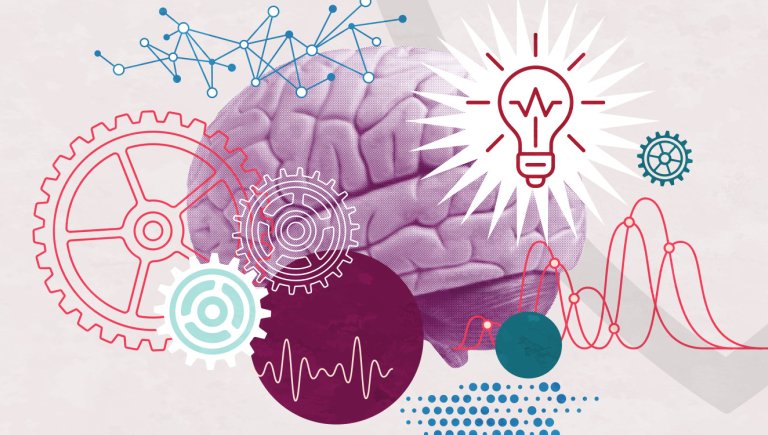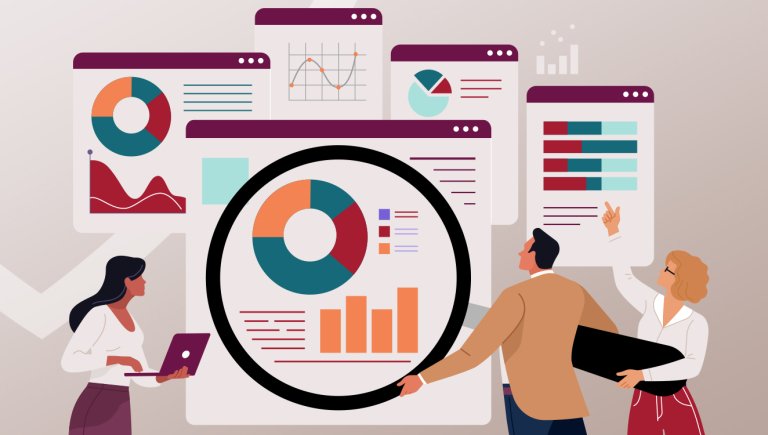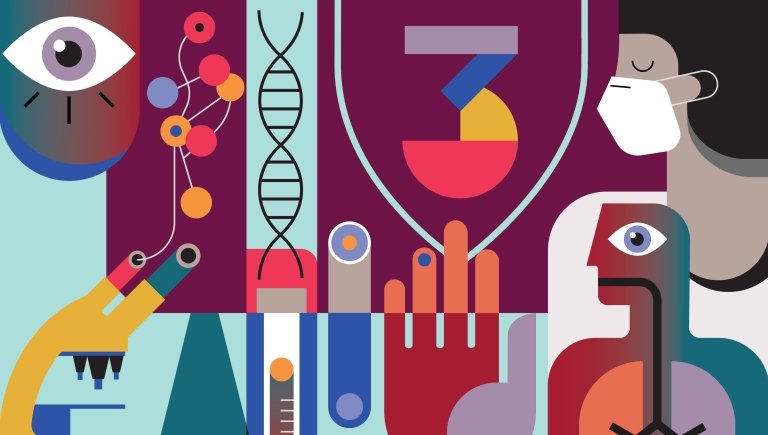All Insights
Exploring the science, practice, and business of medicine.
Exploring the science, practice, and business of medicine.
Showing 10 out of 56 Insights
By applying behavioral science, data, and emerging AI tools, clinicians and researchers can bridge the gap between medical innovation and real-world use—designing personalized, scalable interventions that improve adherence, outcomes, and population health.

As health care grows more complex, clinician-leaders must go beyond clinical expertise to cultivate purpose-driven, data-informed, and collaborative leadership that advances quality, safety, and trust across their organizations.

Mastering the basics of data analysis empowers early-career researchers to turn uncertainty into confidence and strengthen the quality of their scientific work.

AI is reshaping medicine by enhancing care, safety, and education. Experts stress thoughtful use, equity, and human judgment to ensure technology augments, not replaces, clinicians.

Medical education is evolving from lectures to learner-centered, tech-driven, lifelong learning. Harvard programs reflect this shift with flexible, innovative training.

“From both the practicing side and the technical side—how we deliver care and how we manage—innovation is leading the way."

“Simulation has really changed the way that health care providers learn, practice, and achieve competency."

In today’s rapidly evolving health care landscape, leaders are facing unprecedented challenges.

Jamie Roberston says it is critical for people who are interacting with AI as part of clinical studies to be knowledgeable about the right and wrong applications.

"People’s priorities have changed. I think a lot of people are no longer willing to go to the doctor and just accept a lower quality of care."
